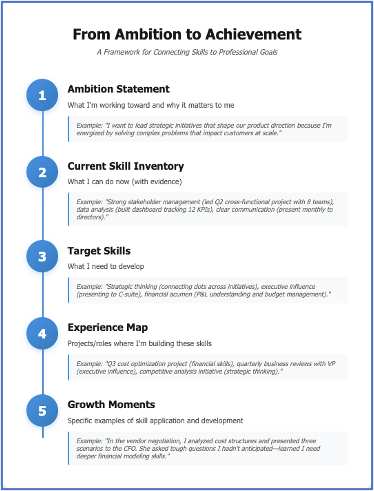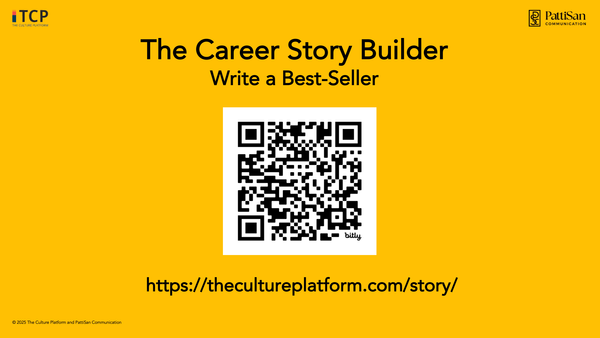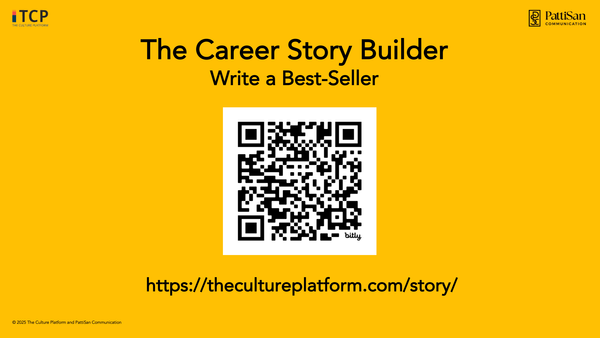Welcome Managers of the World

If you’re like me, you love managing people.
I love being part of a team, and I love it even more when my team finishes first.
Anyone who has managed a high-performance team knows this: the secret to success is our people.
I’ve walked in your shoes; I’ve managed about 5,000 people in my career — I’m not a consultant or academic. I was consistently ranked in the top quartile of all managers when I was at Cisco, one of the world’s best places to work.
If you are an aspiring manager or an experienced manager looking to get better, a lot better — especially for this moment in time — welcome to my newsletter, Managing in the Age of Uncertainty.
Why this Newsletter?
I left Cisco to answer this question: What does the manager of the future look like?
What are millennials and gen-z seeking in a manager? Which behaviors, tactics, skills or processes matter? What’s it going to take to attract and keep the best people over the next decade?
I had written The Collaboration Imperative, and I was Cisco spokesperson, which meant I spent a lot of time in front of customers. Many of the world’s great companies were telling me the employer-employee relationship was changing, especially as these new and large demographic cohorts started replacing boomers.
I’ve spent the past several years researching and talking to hundreds of companies about this transition, with the added dynamic of artificial intelligence. The research involved thousands of young people working at great companies like Amazon, Visa, Microsoft, McDonald’s, Salesforce, Cisco, Google, DoorDash, Nike, Disney, Starbucks, to name a few.
I’m writing this newsletter to focus on one topic only: to share what I learned about what it takes to be a great manager in this moment in time, both as millennials and genz take over the workforce, and as AI starts to impact jobs. What I’ll be discussing won’t be theory stuff or endless links to click on. I want to be a source of original ideas for readers with this newsletter.
Why the “Age of Uncertainty”?
For many younger readers, they might be surprised to know that from around 1950 to just into the early part of the 2000s, companies and employees shared an explicit “social contract”; where if you gave your best, you were likely to have lifetime employment, working your way up. That’s the genesis of the phrase, the “corporate ladder.”
It’s a whole new game for managers now. The “ladder”, to quote a company leader I know, has “vaporized.” The “era of efficiency” and AI taking on human workloads have made career planning challenging — at best — for those entering or those growing up in this workforce.
As a result, no one should be surprised to read that a lack of career growth or advancement is the number one reason why someone leaves a job or an organization today.
I call it the “Age of Uncertainty” — meaning, if the industrial age was about taking predictable steps up the ladder, the age of uncertainty is about finding or discovering the path of a career without any predictable steps, without an obvious ladder.
The best people - the people you want on your team - already know this. They are charting their own course and taking charge of their careers themselves.
Therein lies your opportunity. You have a team and resources. You manage an organization and a budget. You have opportunities to grow and advance people with job roles that will be recognized and rewarded. In return, you’ll be populating your team with the people it needs to finish at the top.
But — it will only happen if you have a reputation as a manager who understands and acts on what today’s employees care about.
That’s why I believe the manager of the future must be a “career dot-connector” to attract and retain the best people. Connecting the dots between the roles on your team to the career opportunities of your people is what it means to manage in the age of uncertainty.
Let’s keep it simple: the best people today are looking for managers who engage in their career success. It’s an incredible opportunity to help people — and help yourself.
It’s a Whole New Game for Managers
In short, expectations have changed — dramatically.
There’s no time to waste.
Tomorrow, I’ll be sharing the results of the research I did — and the fundamental role consistency plays in managing in the age of uncertainty.
I’ll be publishing a newsletter weekly on Wednesdays.
Manager Thought of the Week
“Tell people the truth.”
What former General Electric CEO Jack Welch told me when I asked him the key to being a good manager. I really enjoyed reading Power Failure about the history of GE.
In Summary: Principles of Managing in the Age of Uncertainty
- I left Cisco to answer this question with research and evidence: What does the manager of the future look like? What are millennials and gen-z seeking in a manager? Which behaviors, tactics, skills or processes matter? What’s it going to take to attract and keep the best people over the next decade?
- Based on this research, the core philosophy of this newsletter is rooted in one idea: successful managers in this moment in time, for this generation of talent, need to be “career dot-connectors.” The next-gen doesn’t expect to spend their entire career on your team — that’s an idea boomers grew up with. A job on your team is like a chapter in a career story to the current generation. If you want the best people on your team, you have to connect the dots between roles on the team and the career opportunities of the people working on the team.
- What is the“Age of Uncertainty”? If the industrial age was about taking predictable steps up the ladder, the age of uncertainty is about finding or discovering the path of a career without any predictable steps, without an obvious ladder — it’s why being a career dot-connector will differentiate you as a manager.
- How to be a Great Manager in the Age of Uncertainty: Be a Career Dot Connector is available on Amazon.
- What kind of manager are you? Take my free self-assessment and learn about yourself.
Managing millennials. Managing Gen-z. How to be a great manager. Age of uncertainty. Self-assessment on managing.




